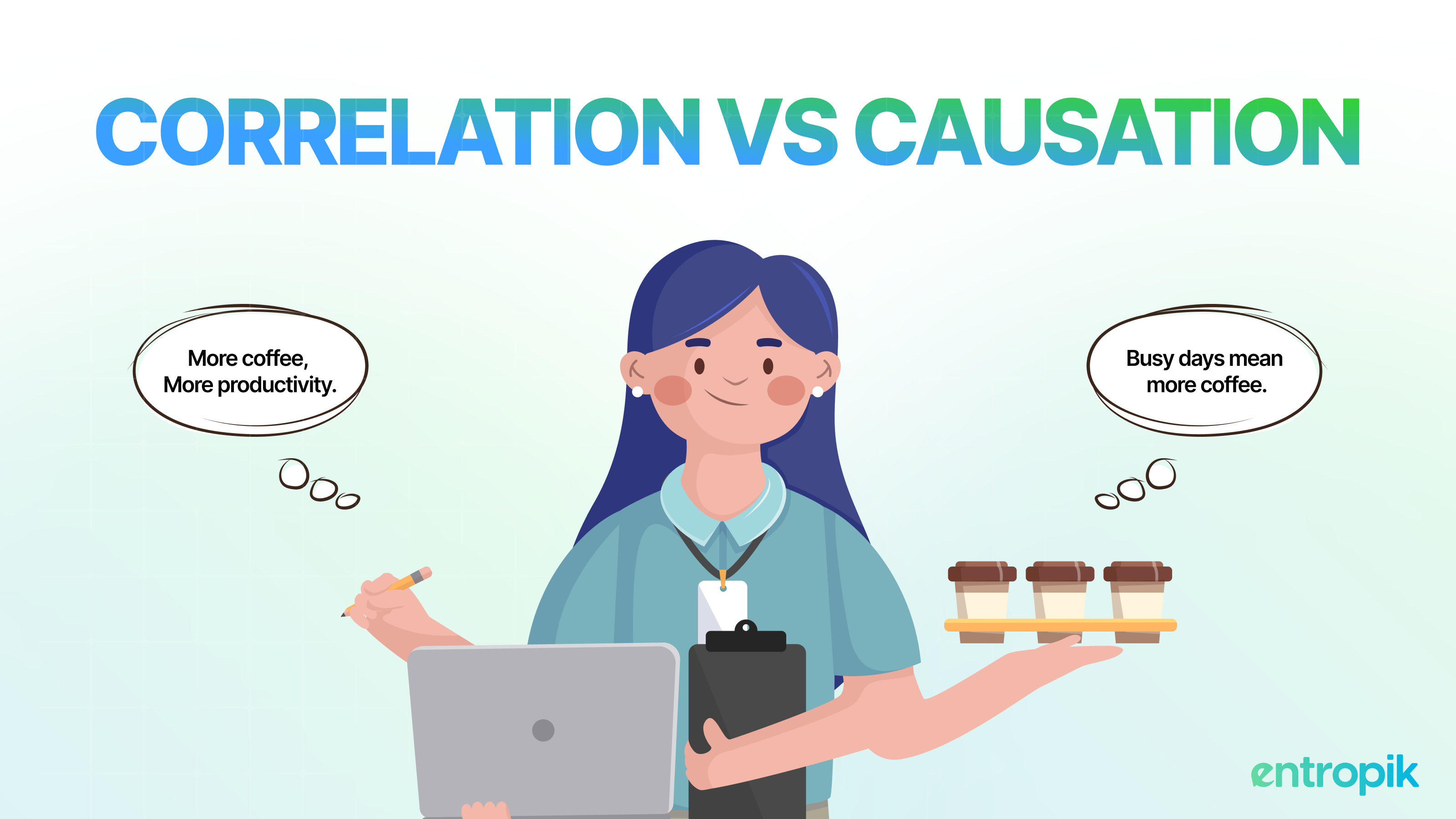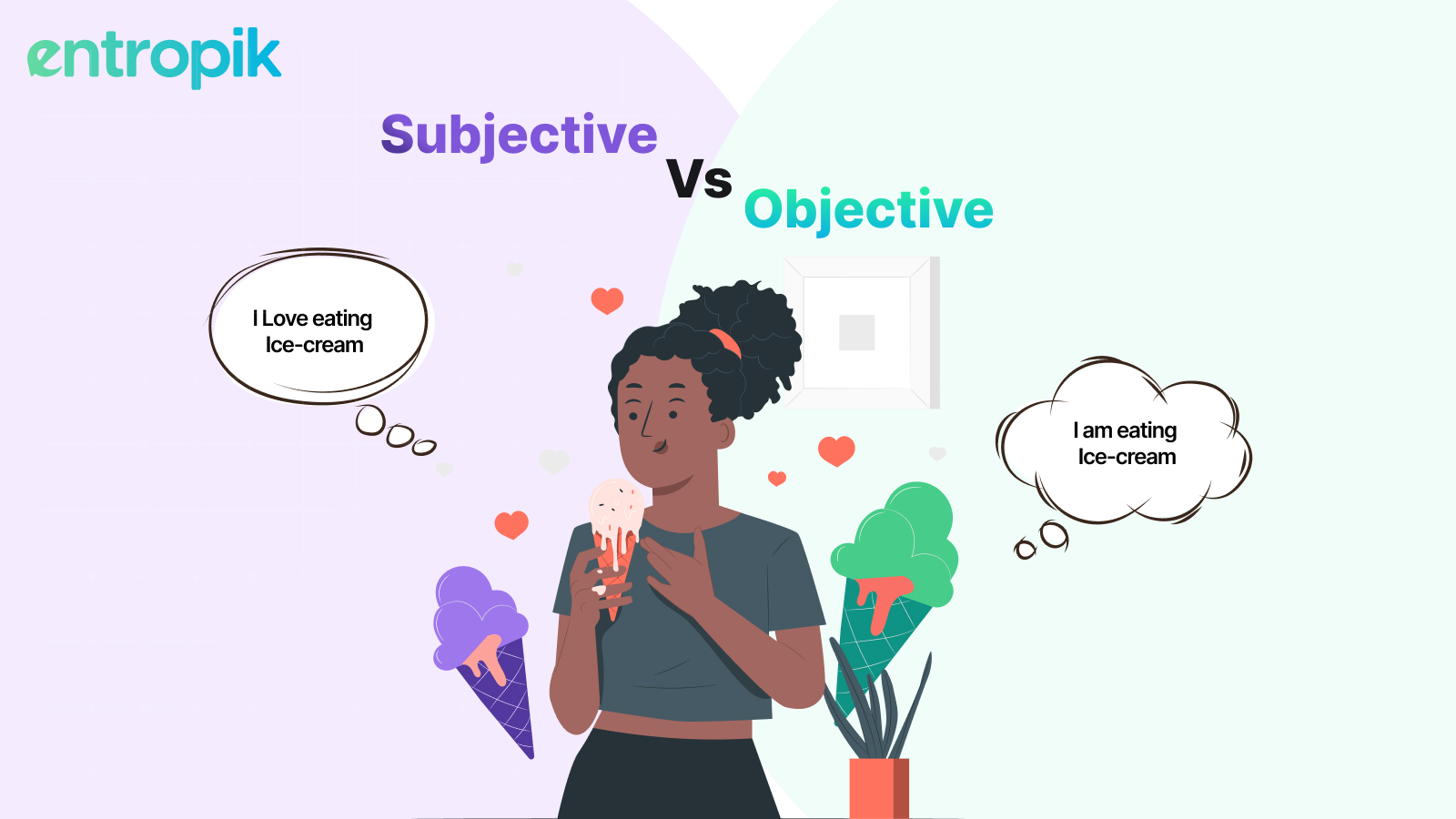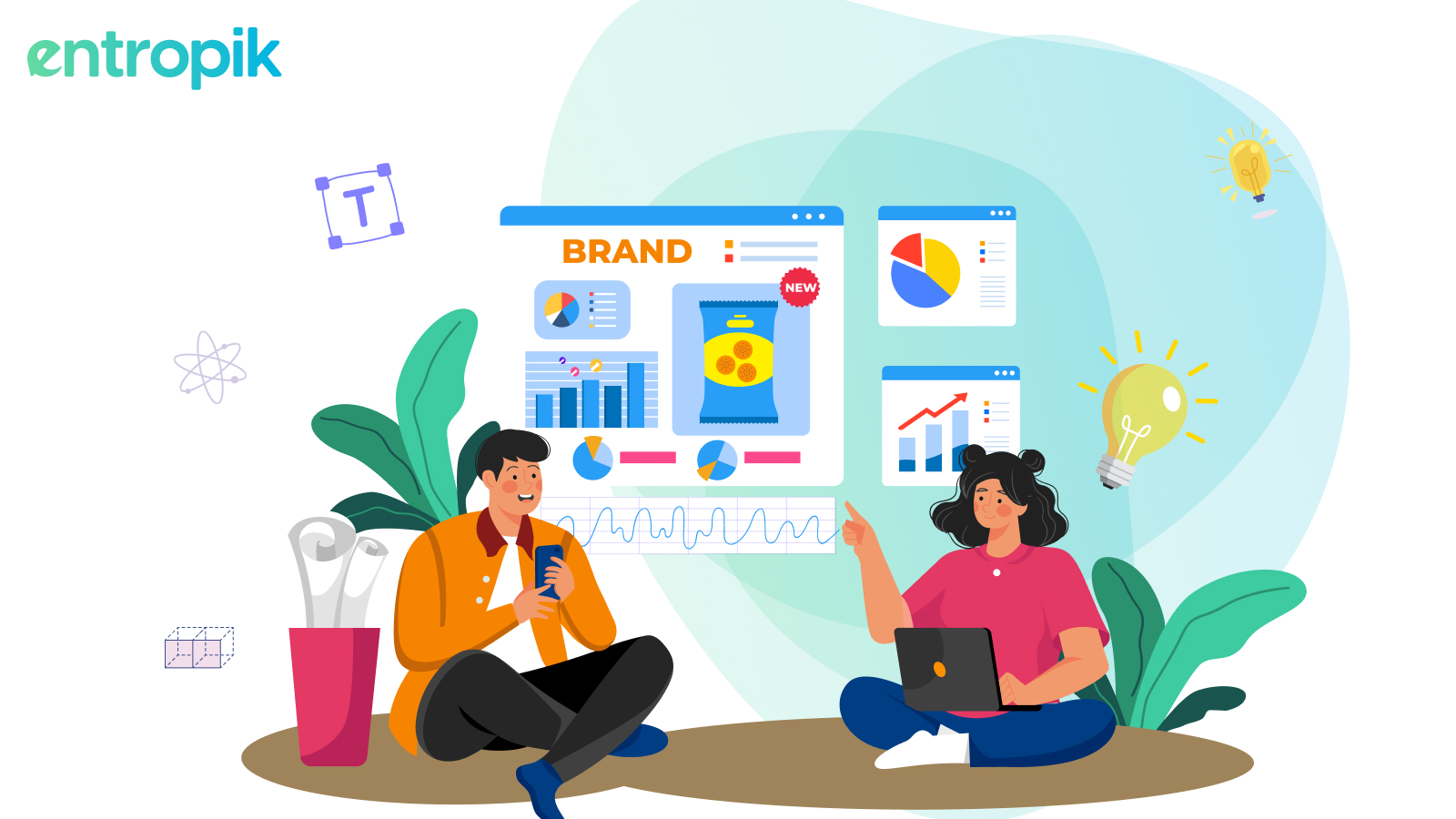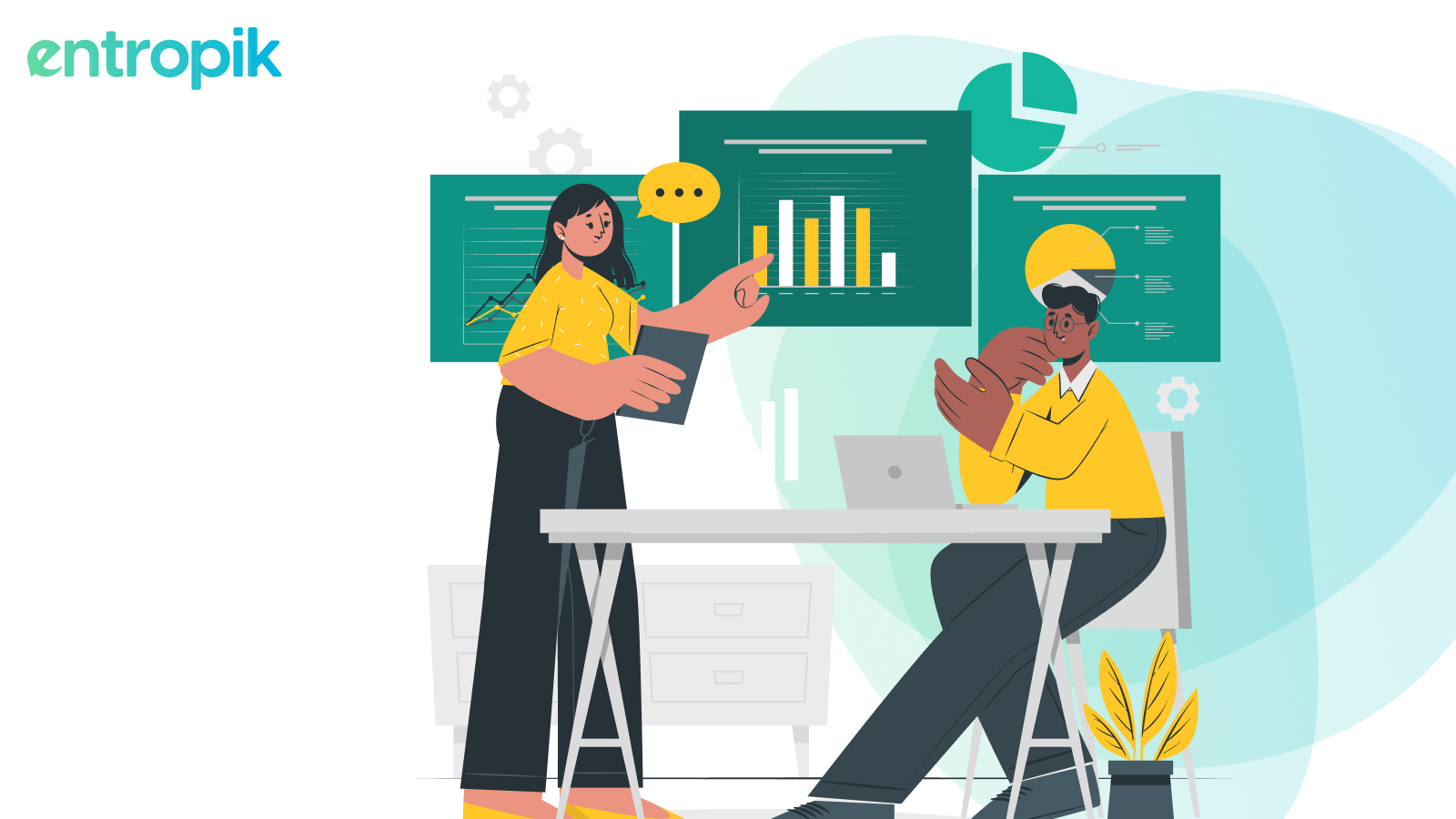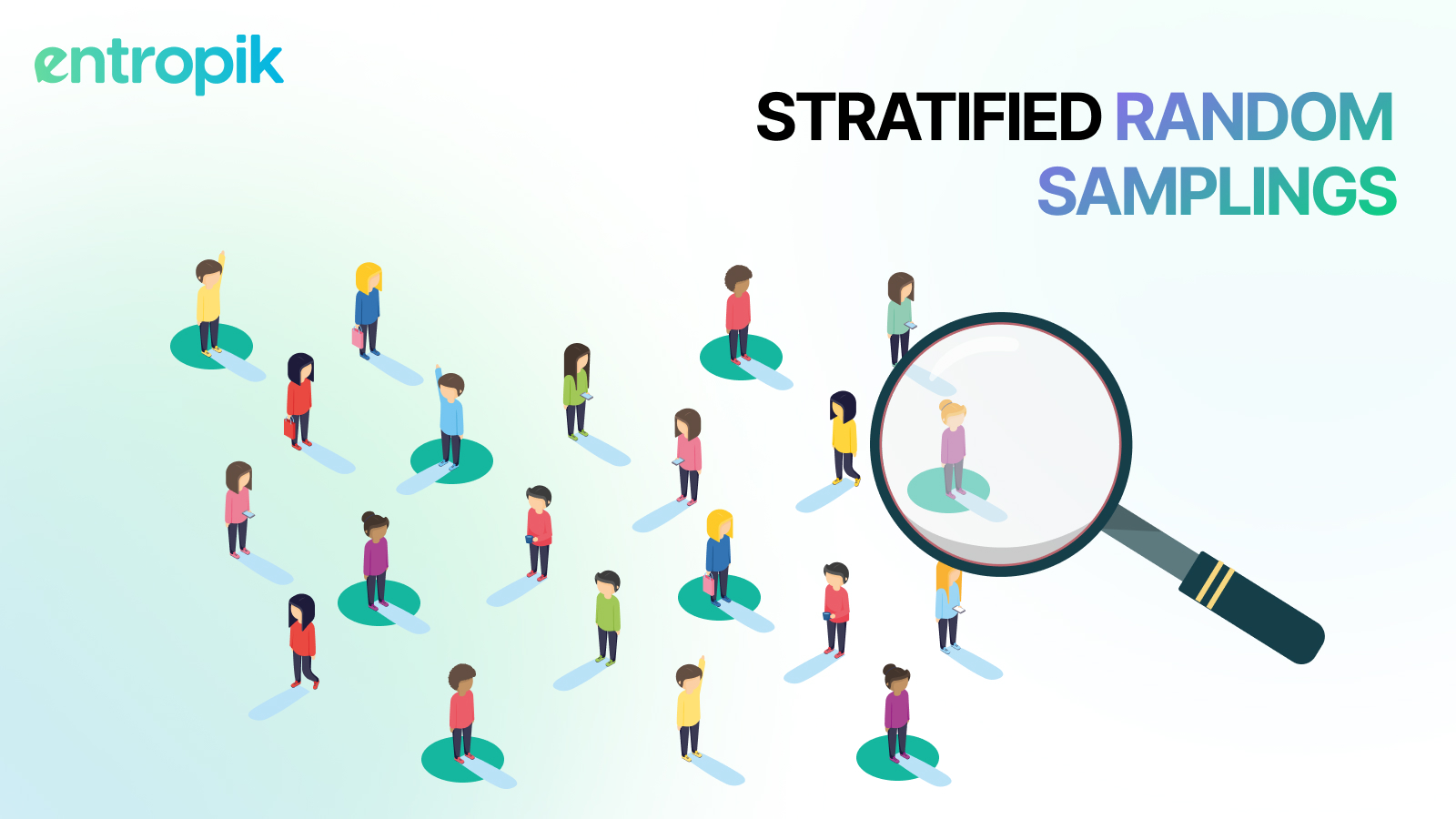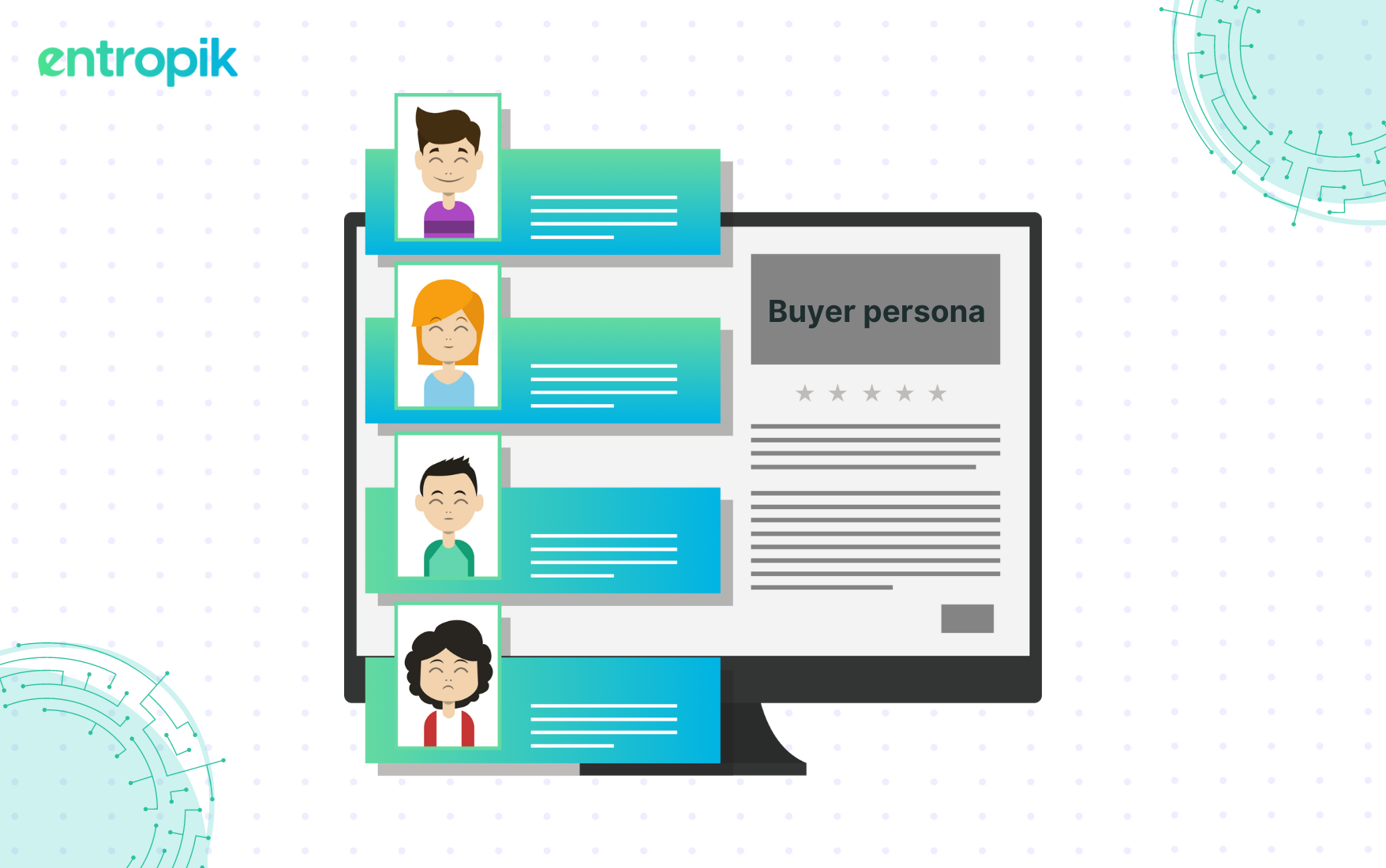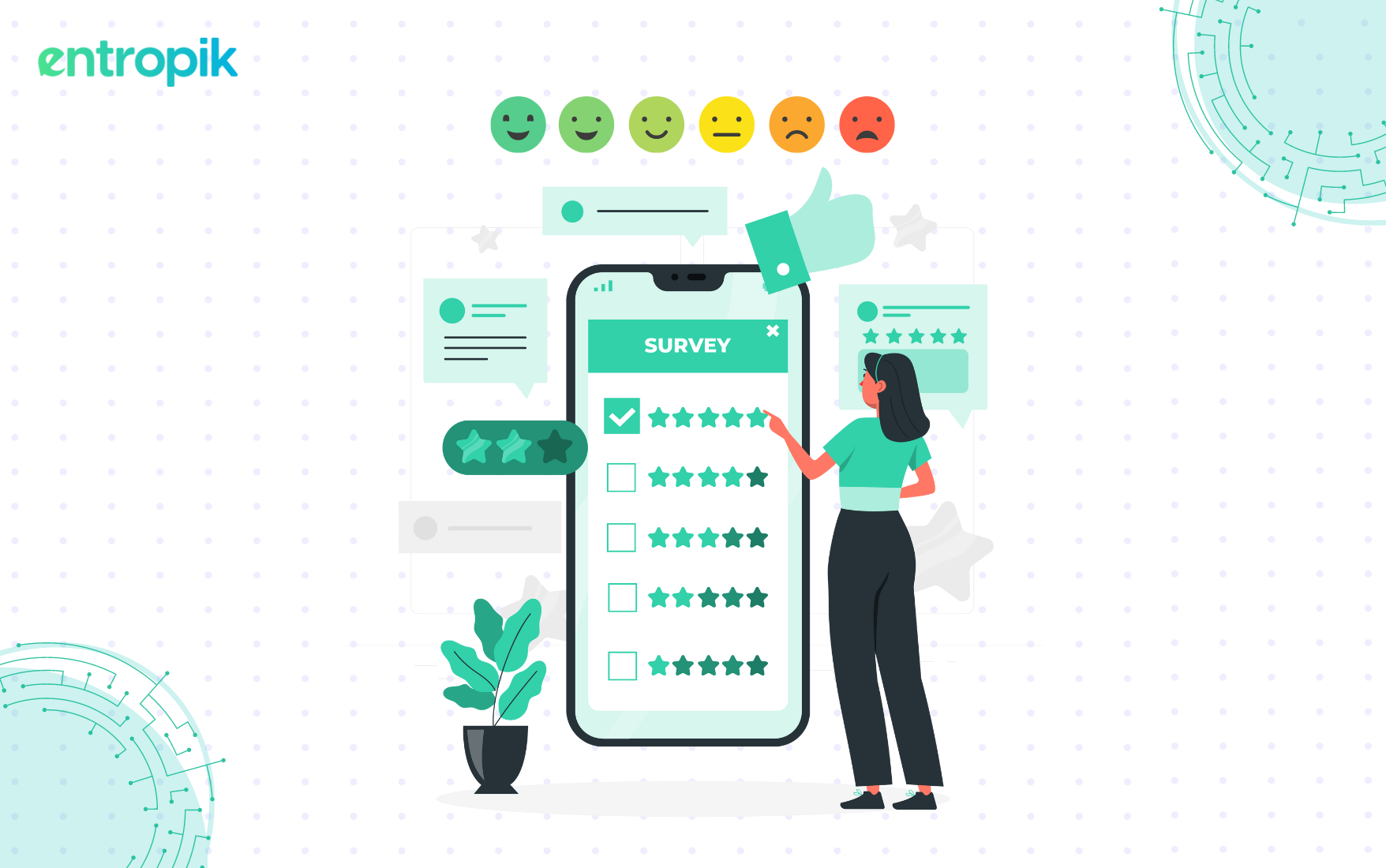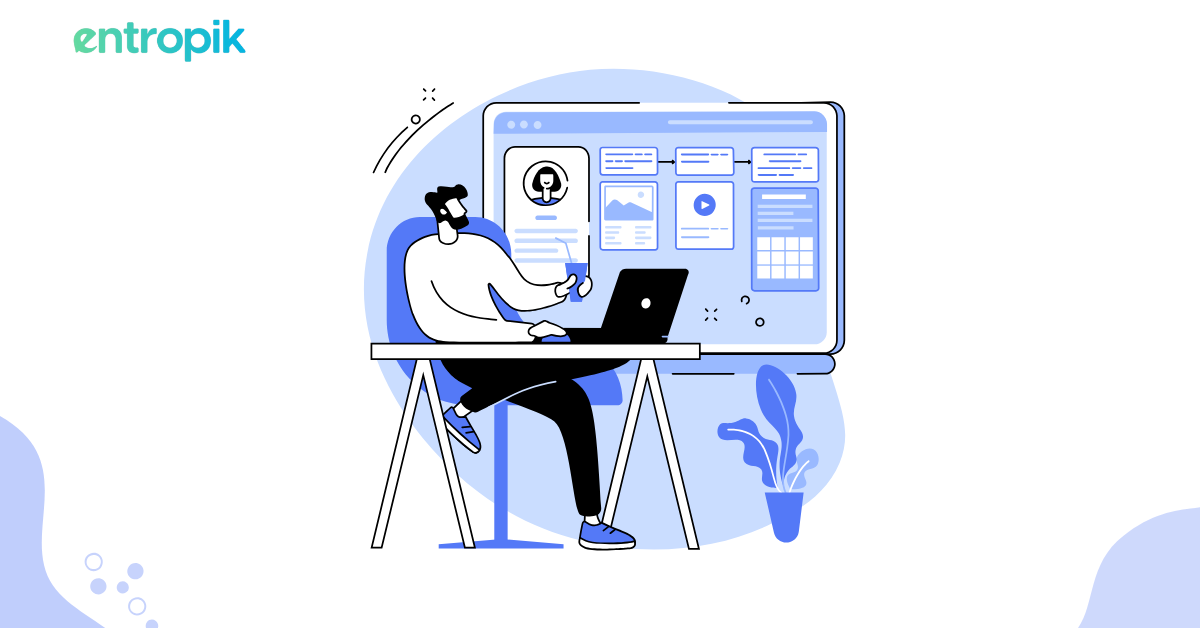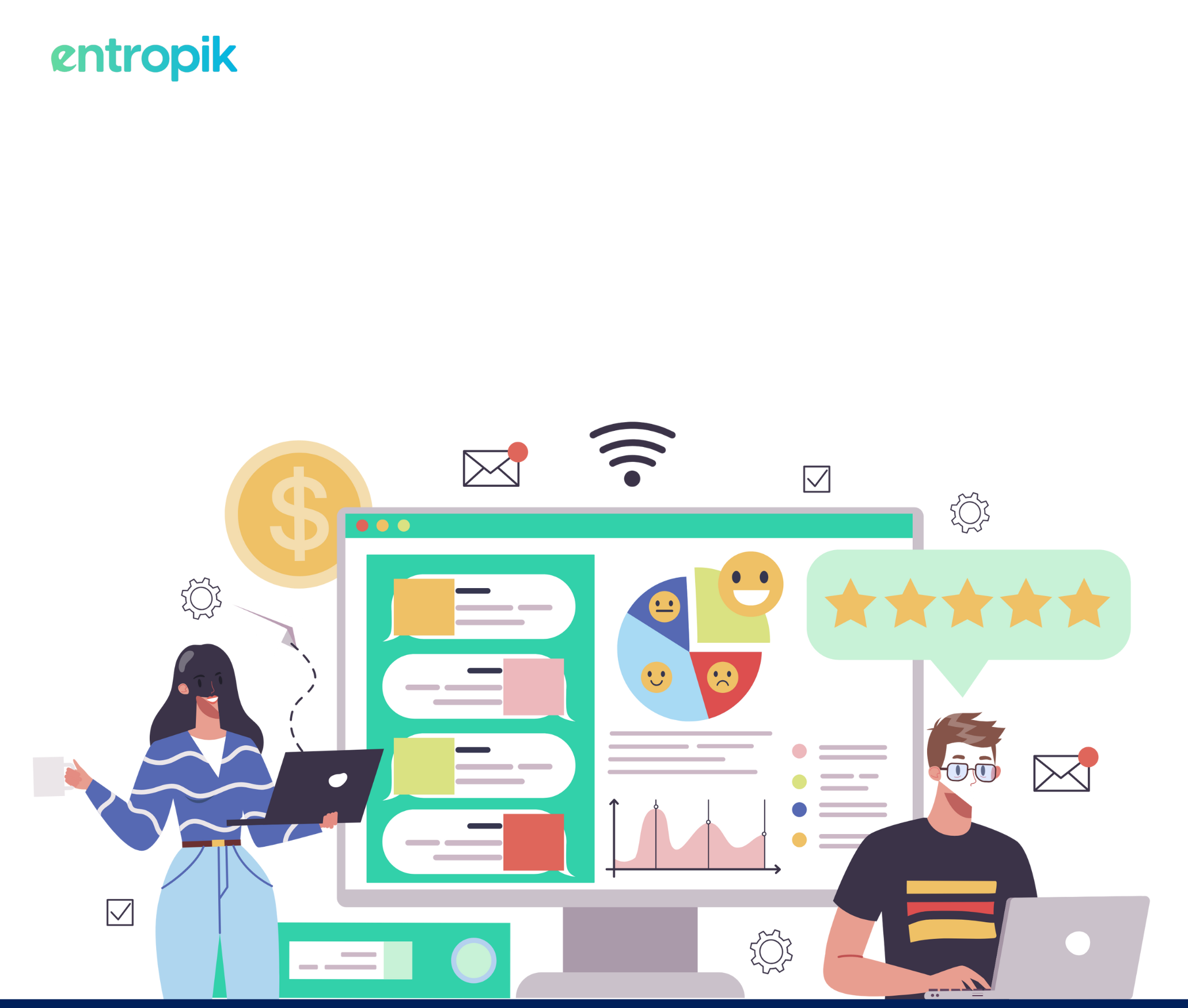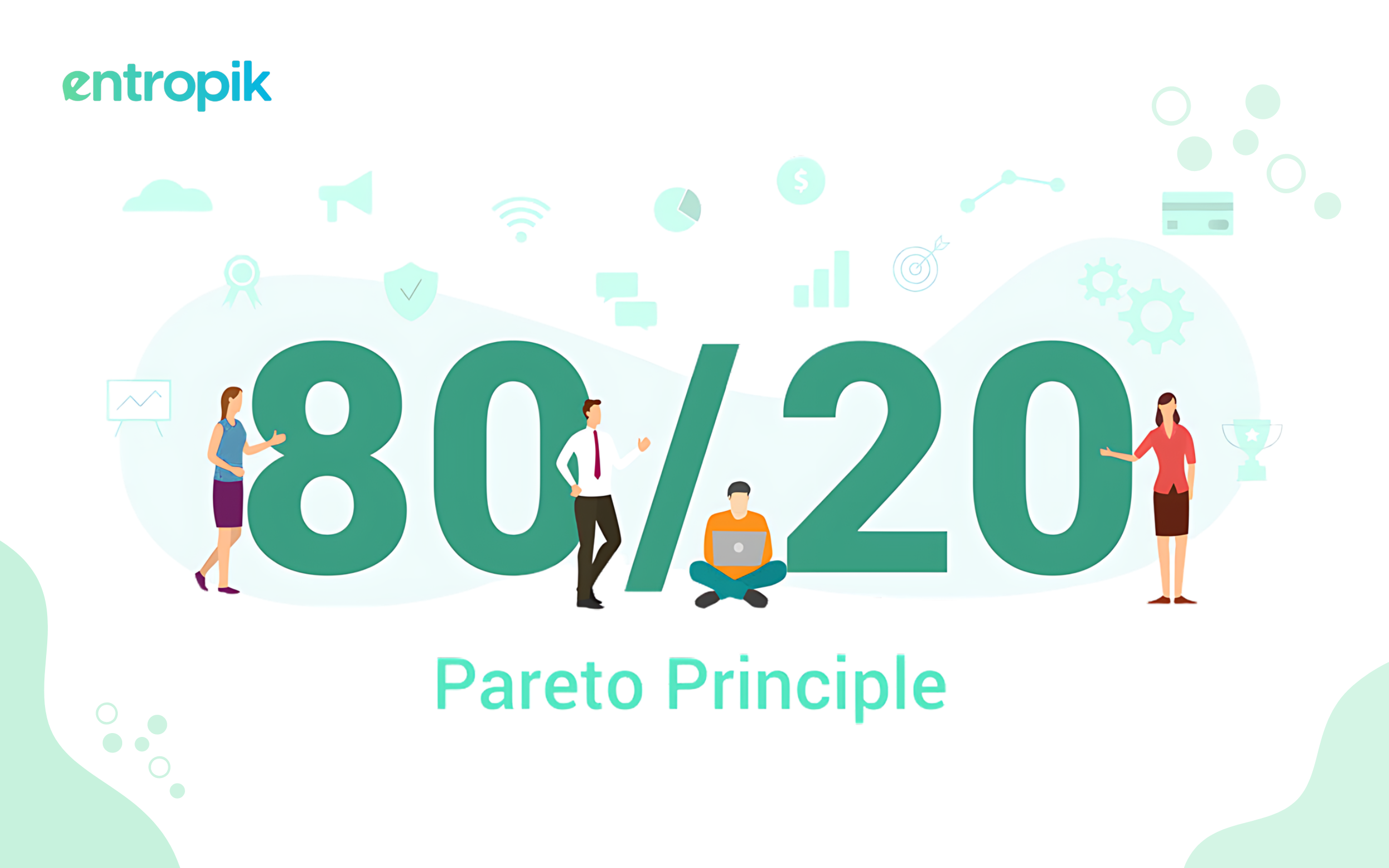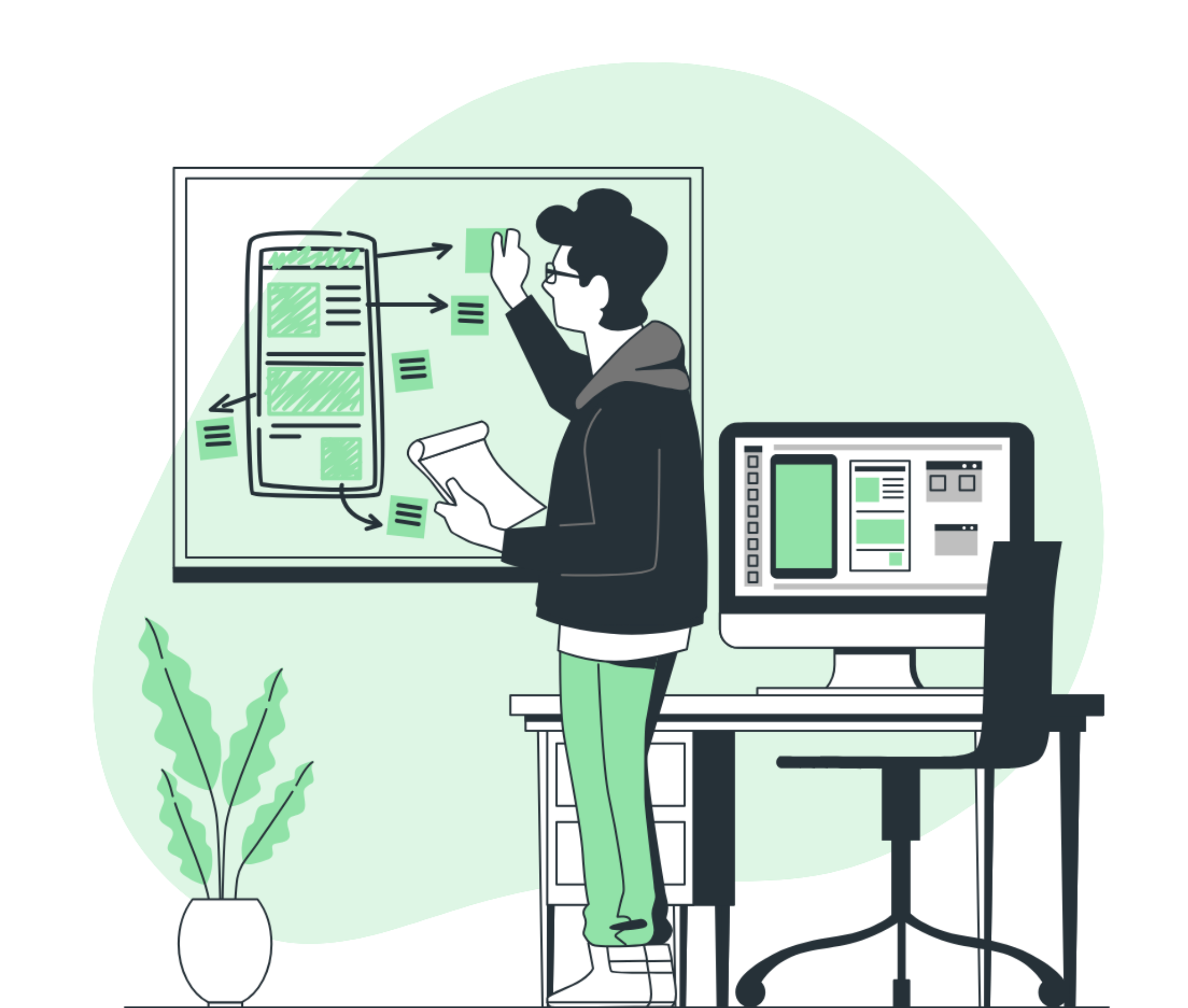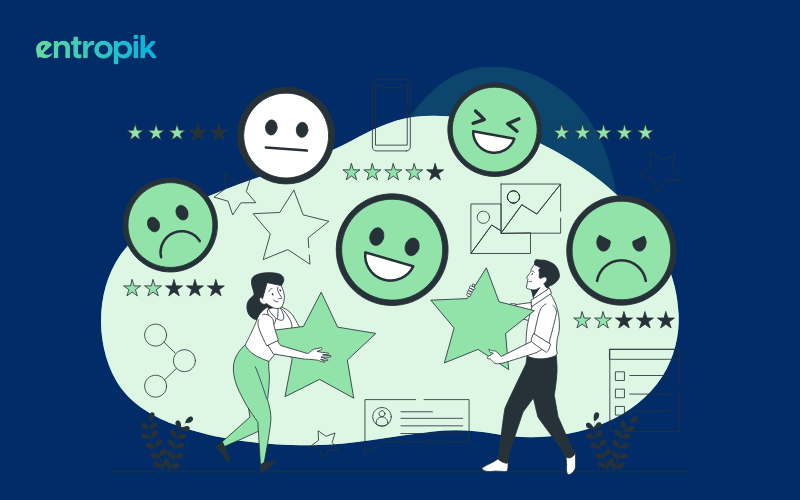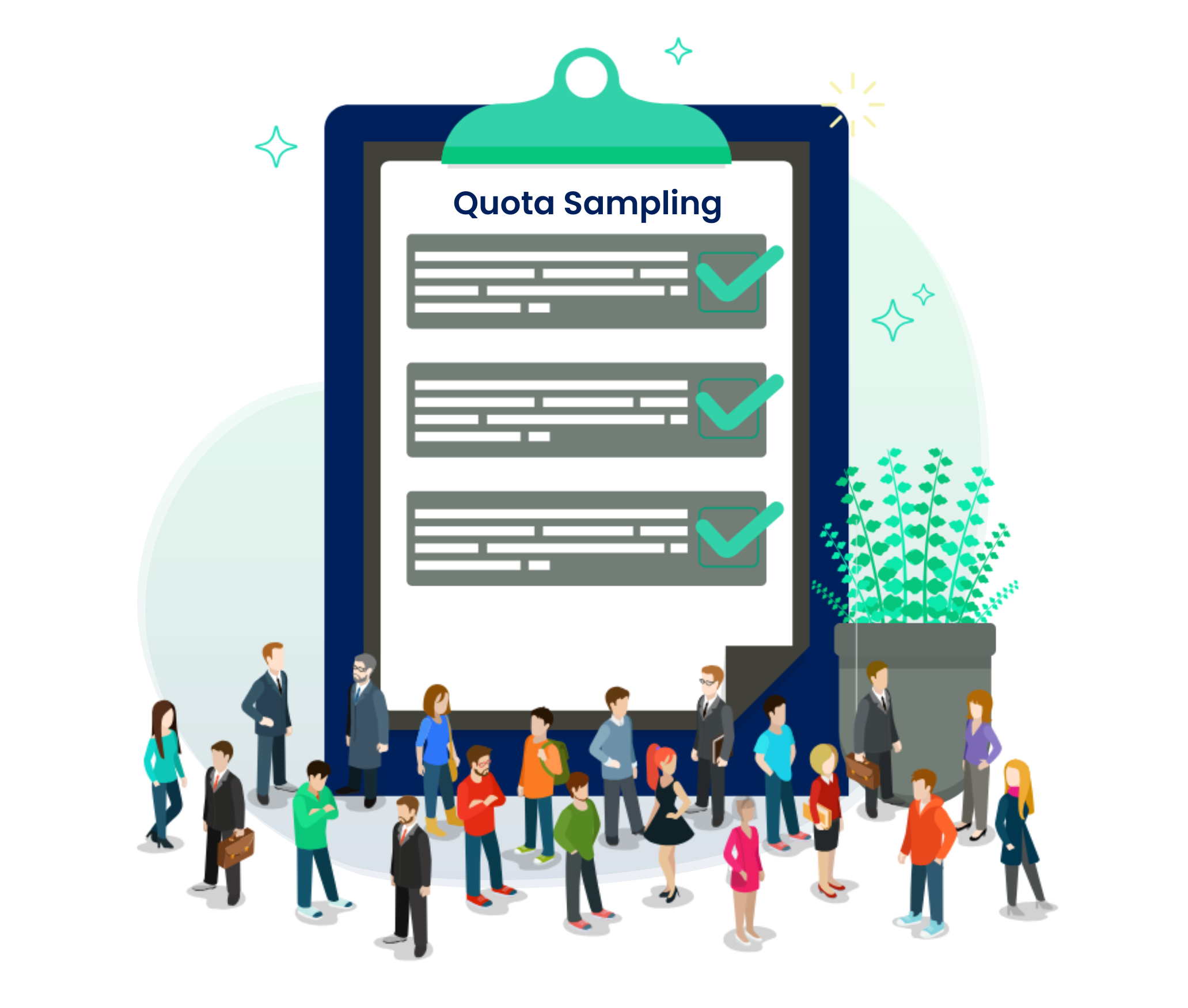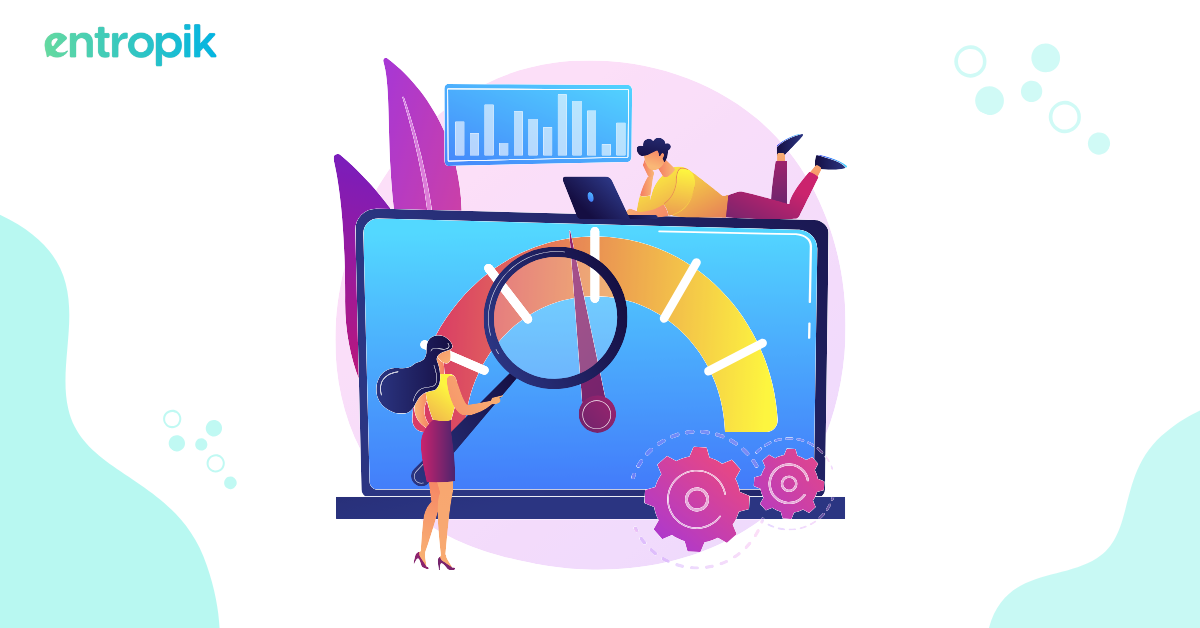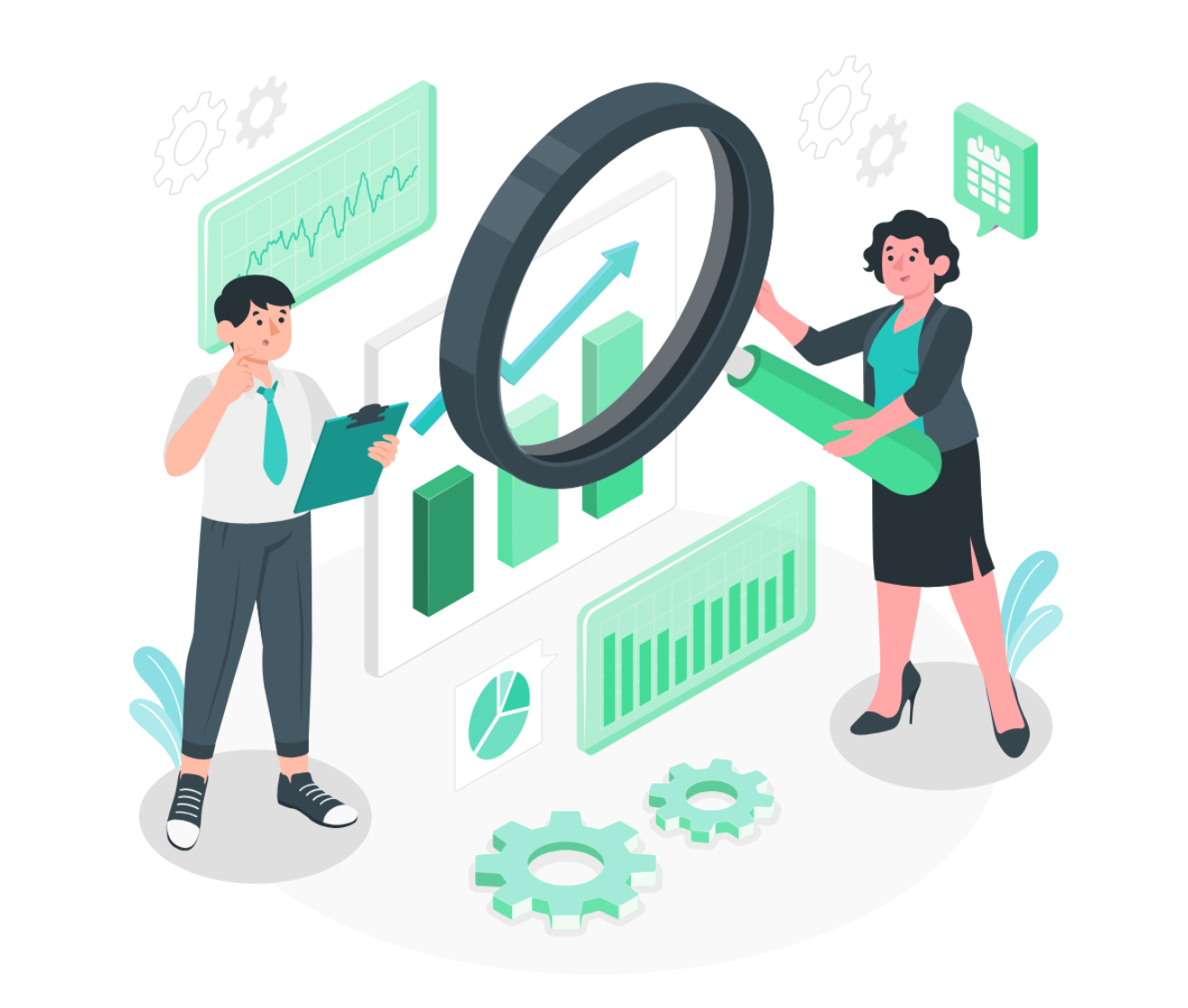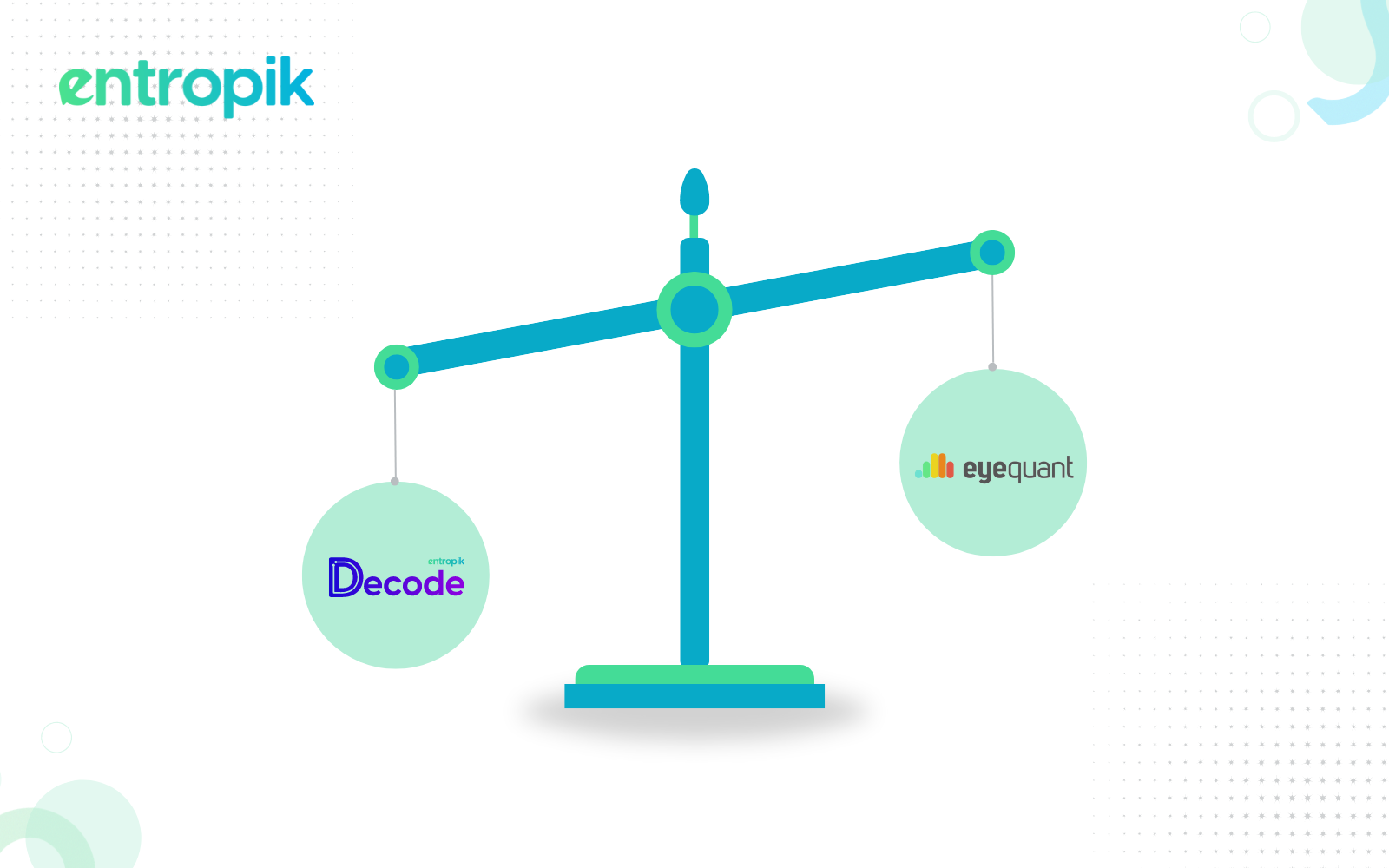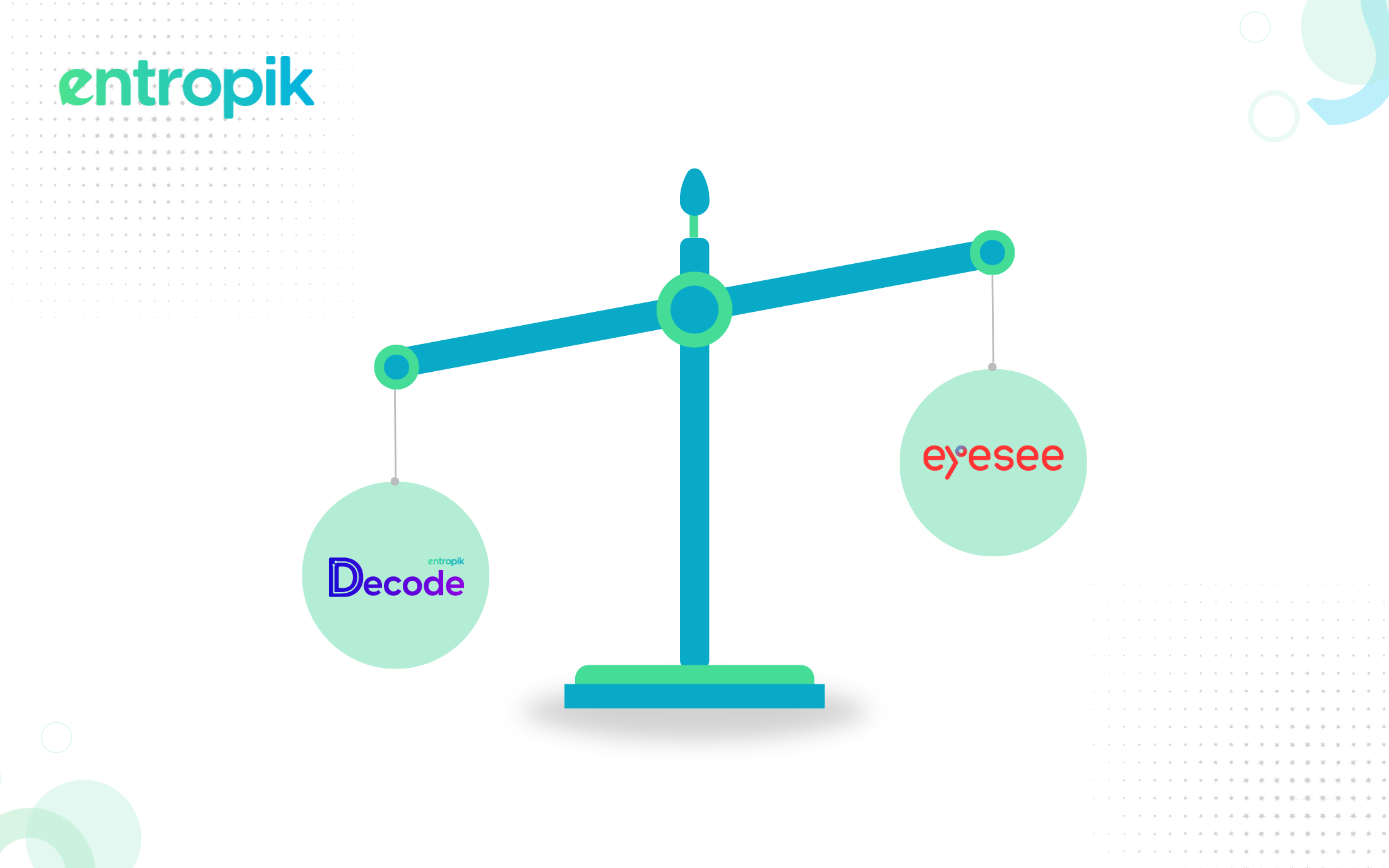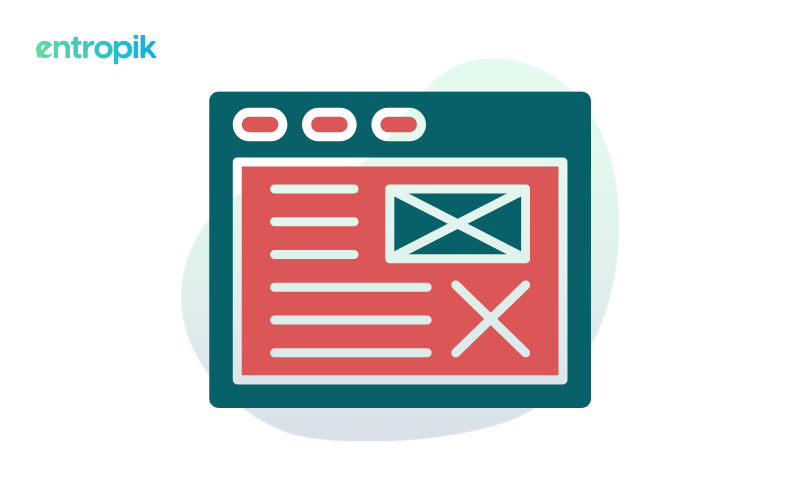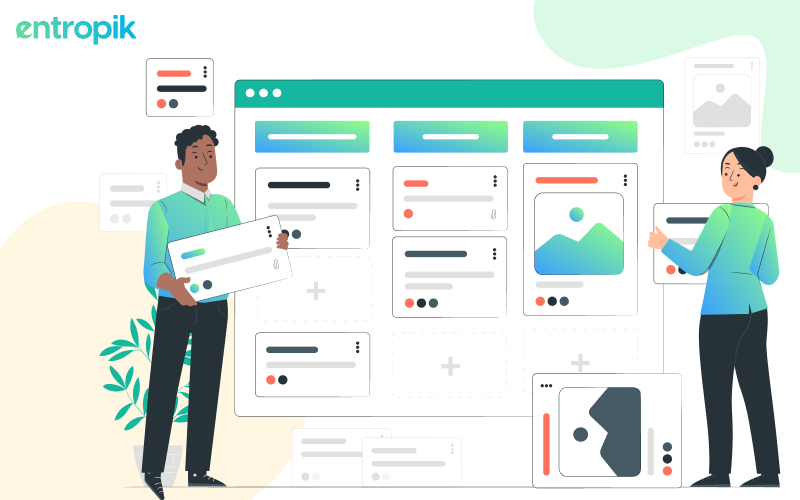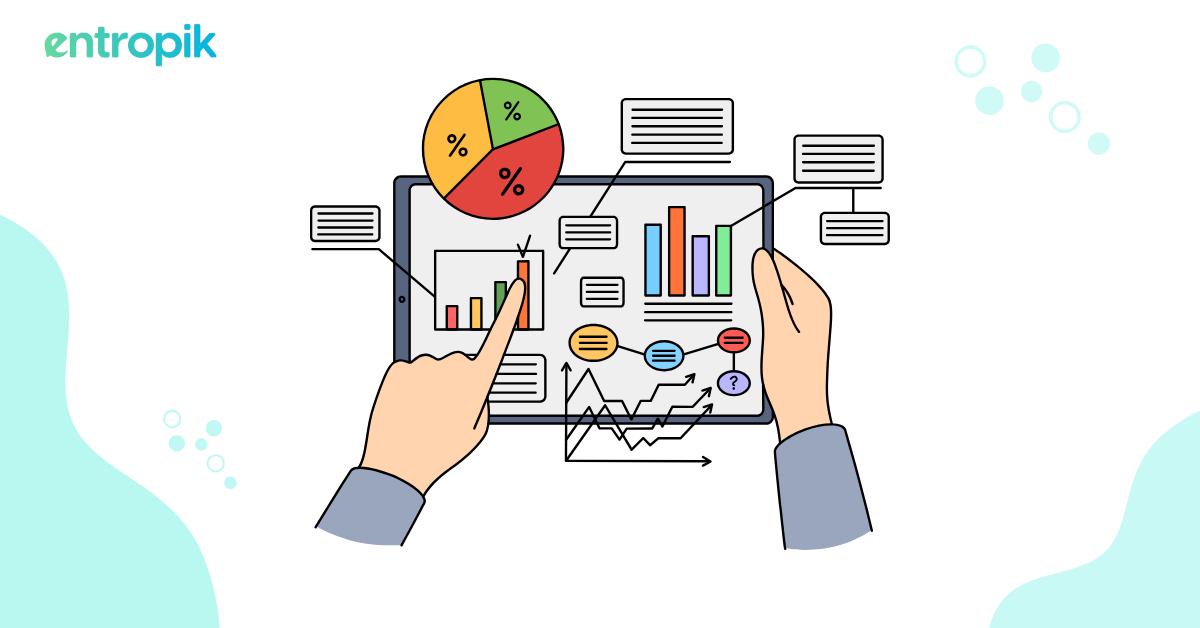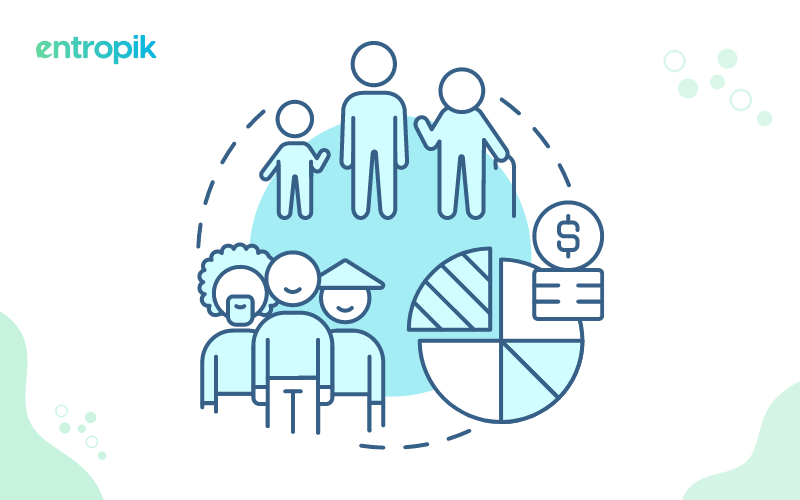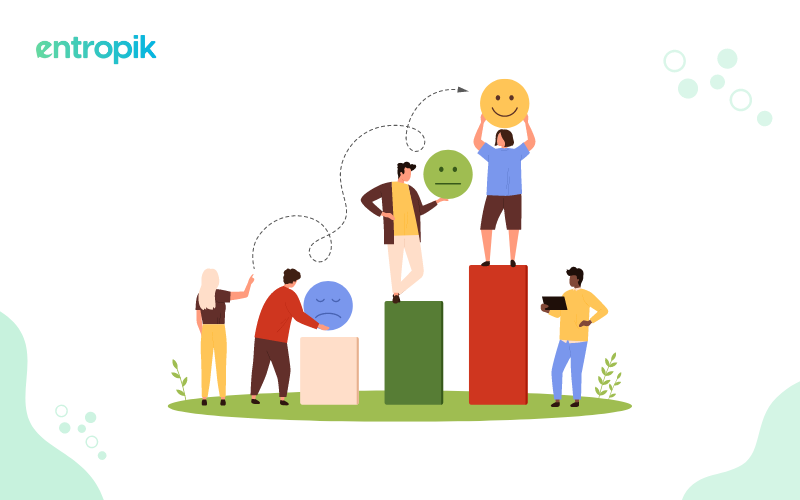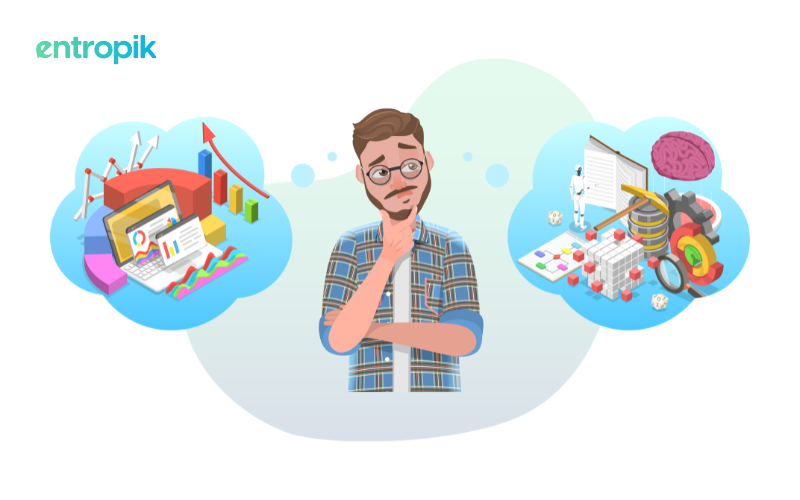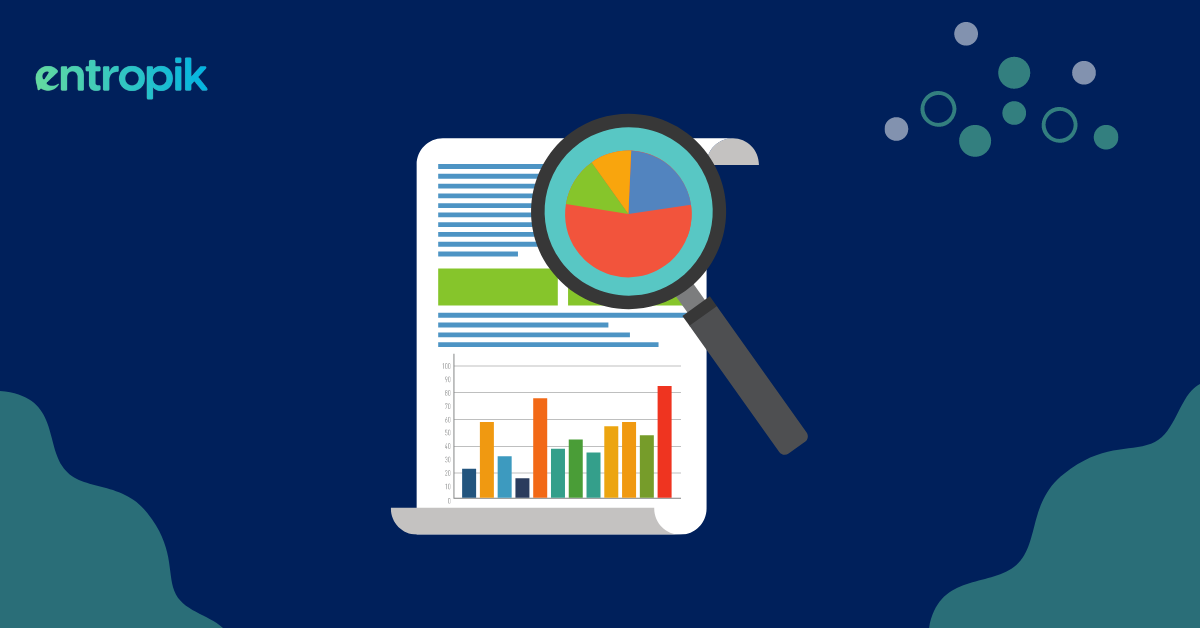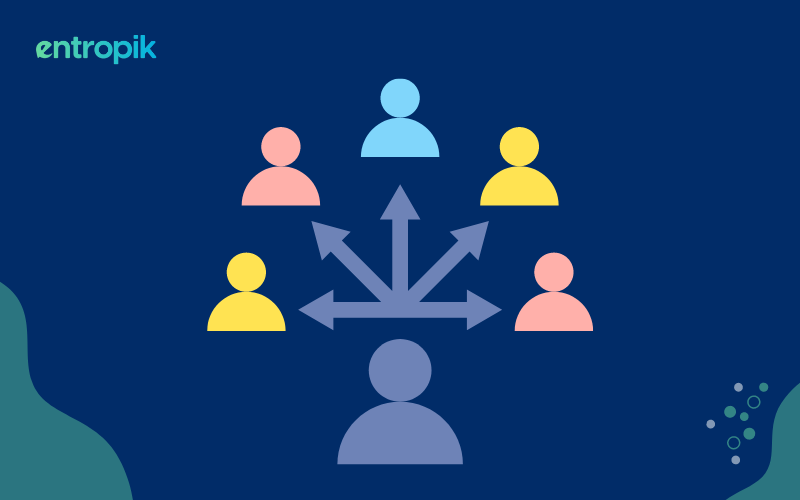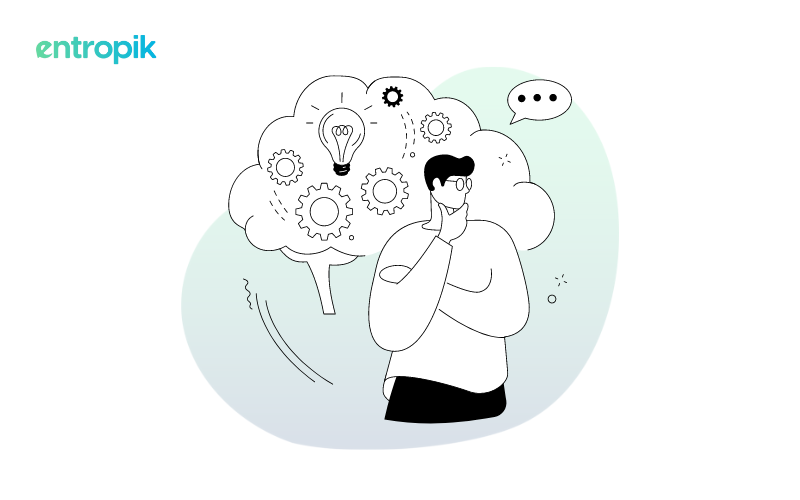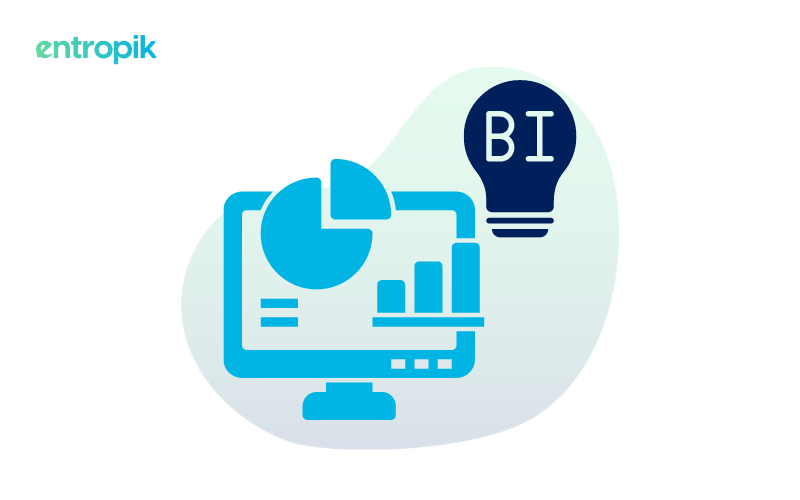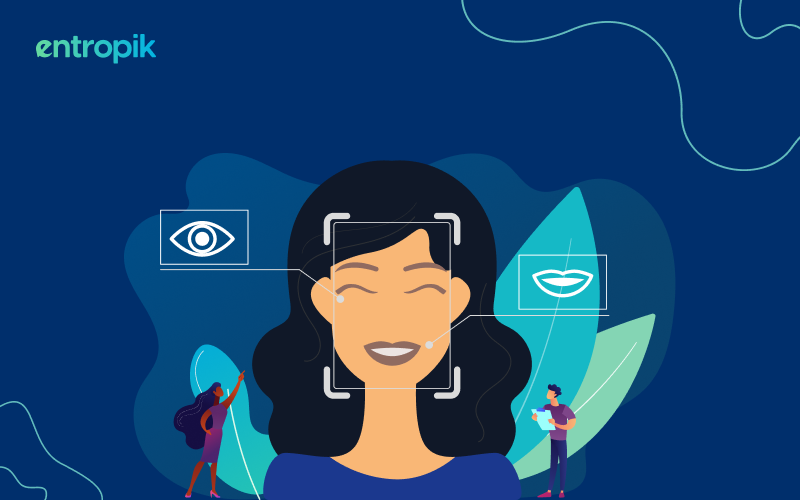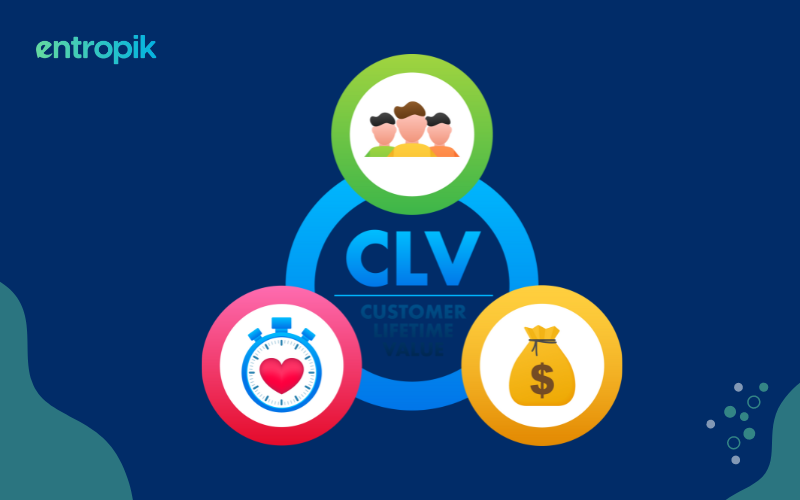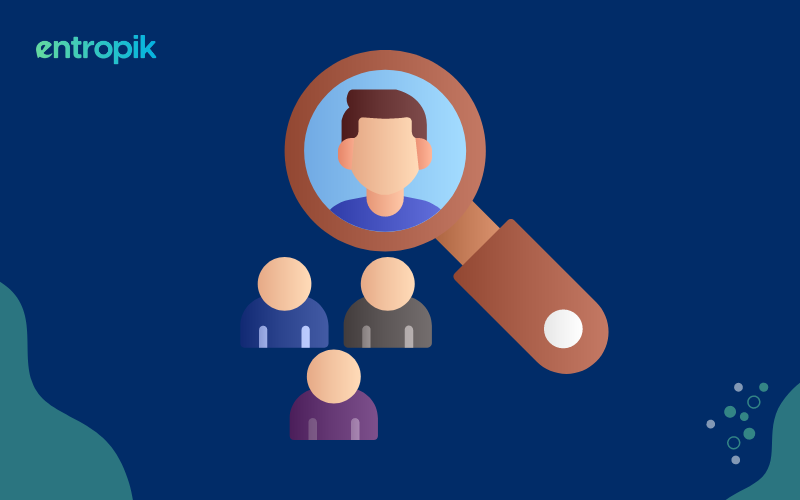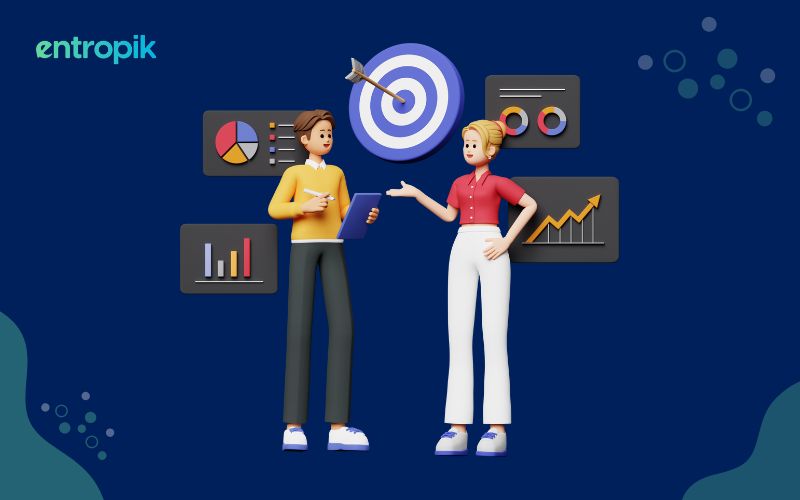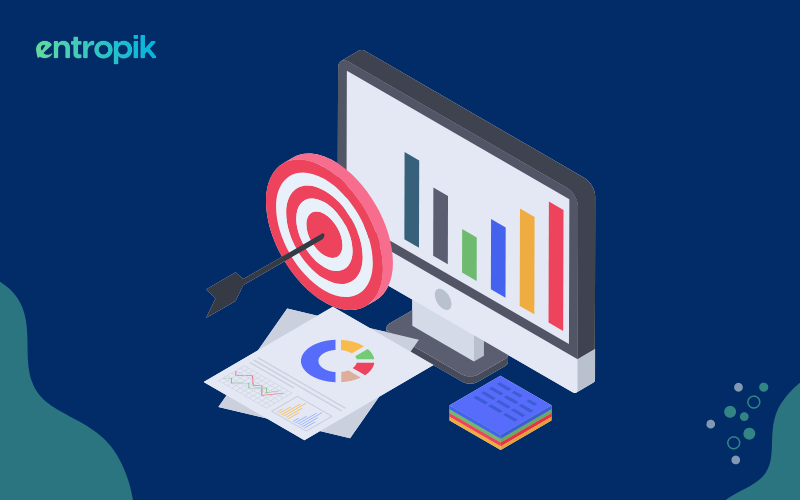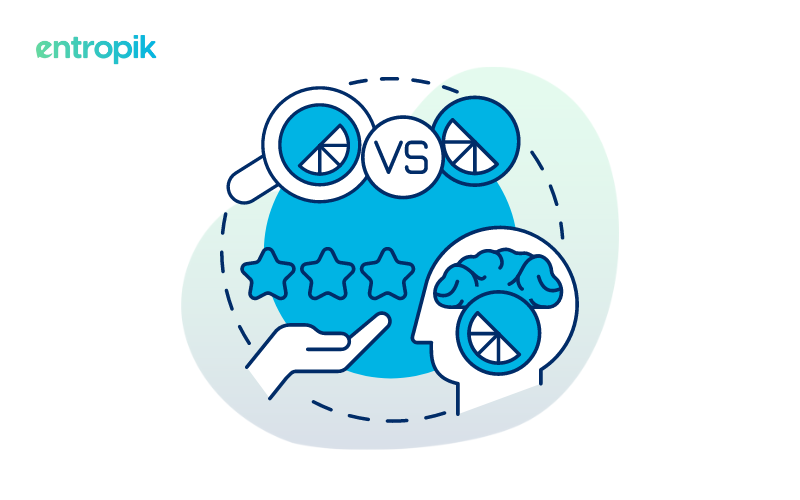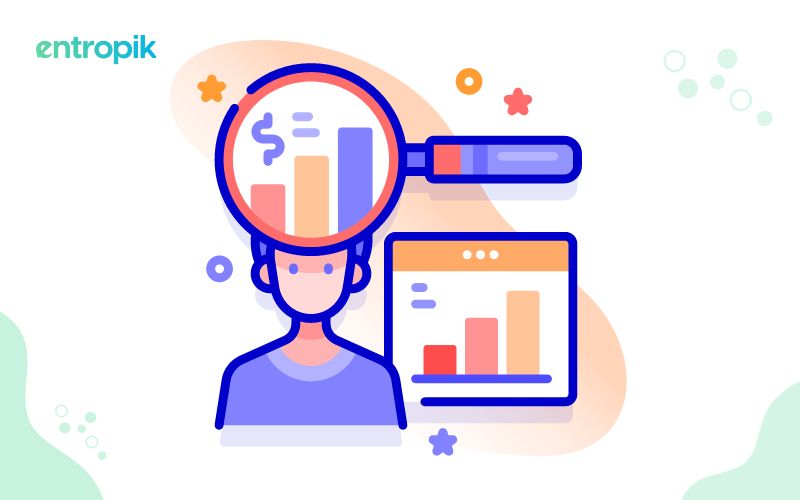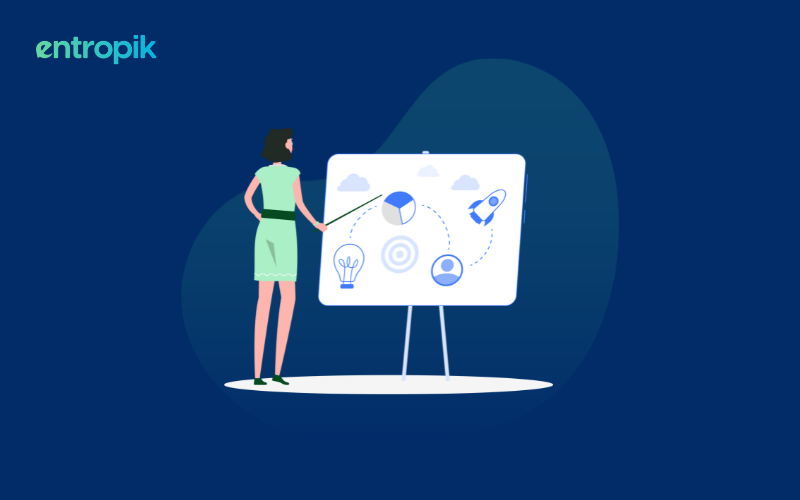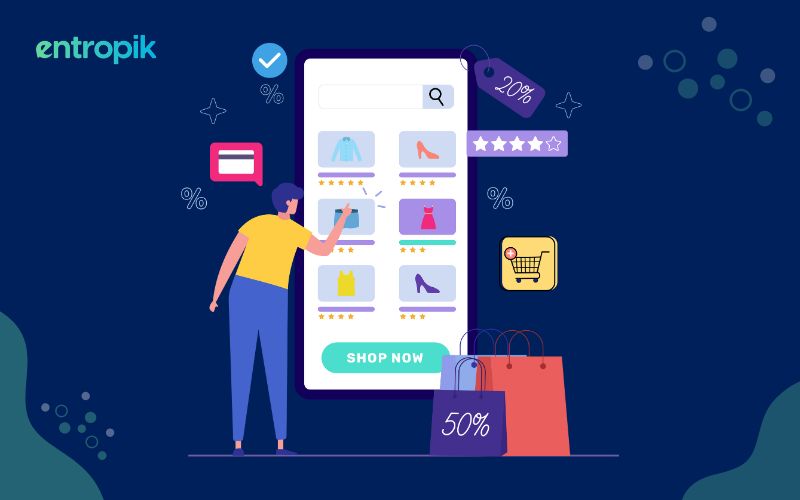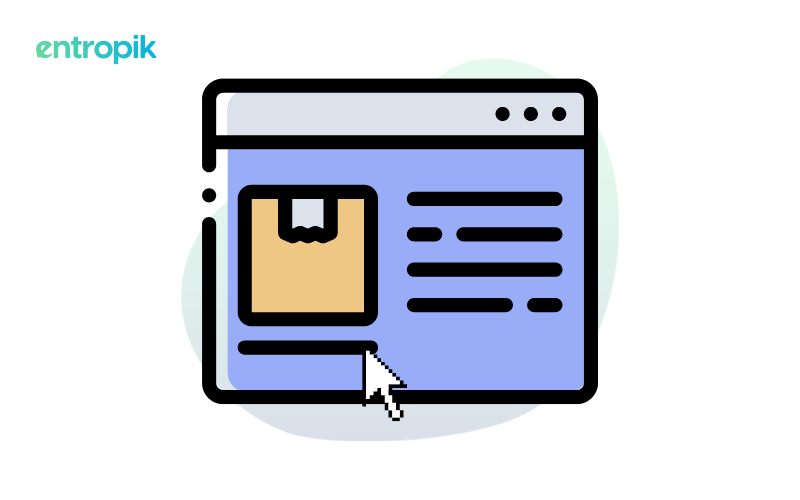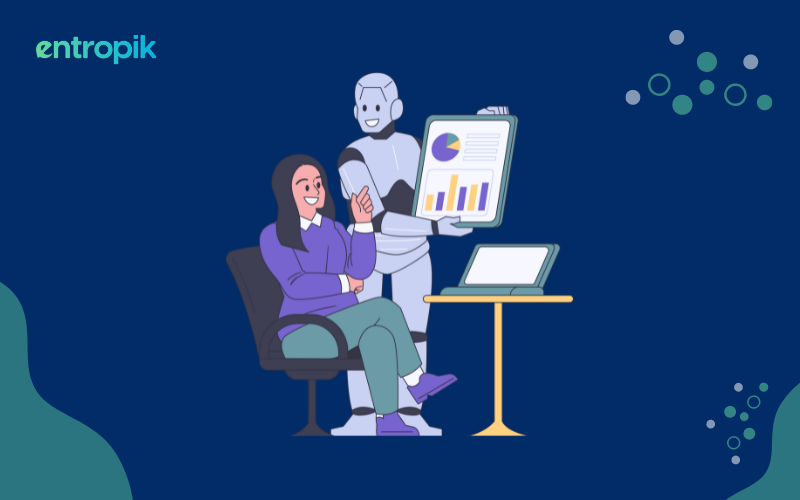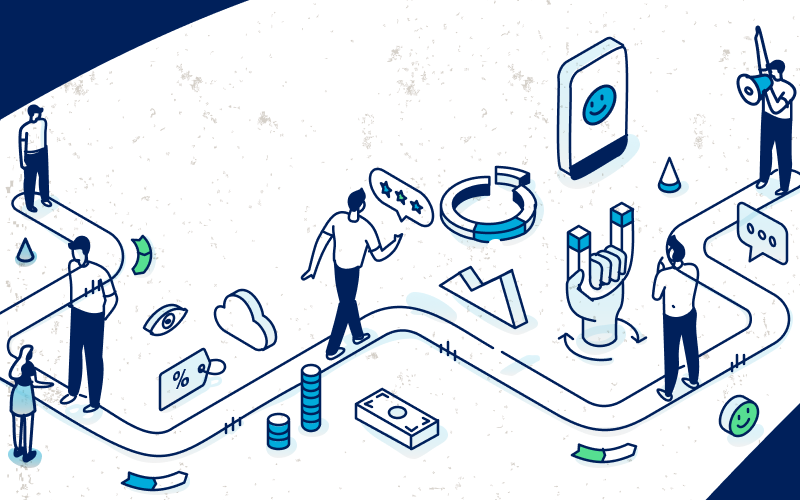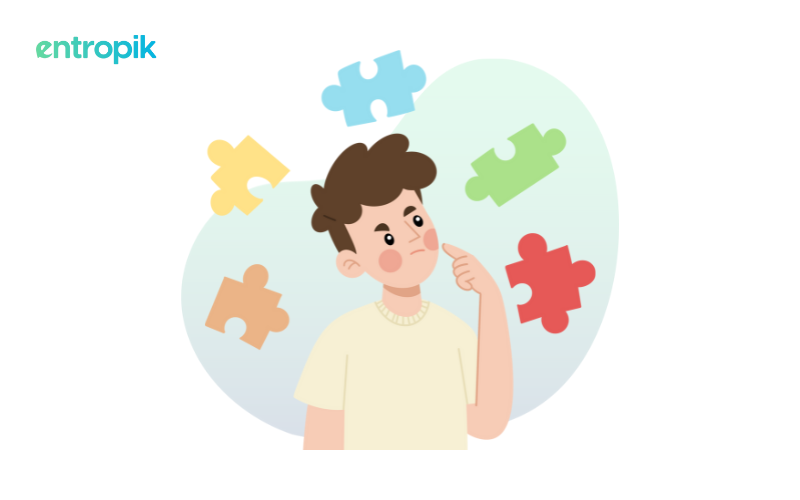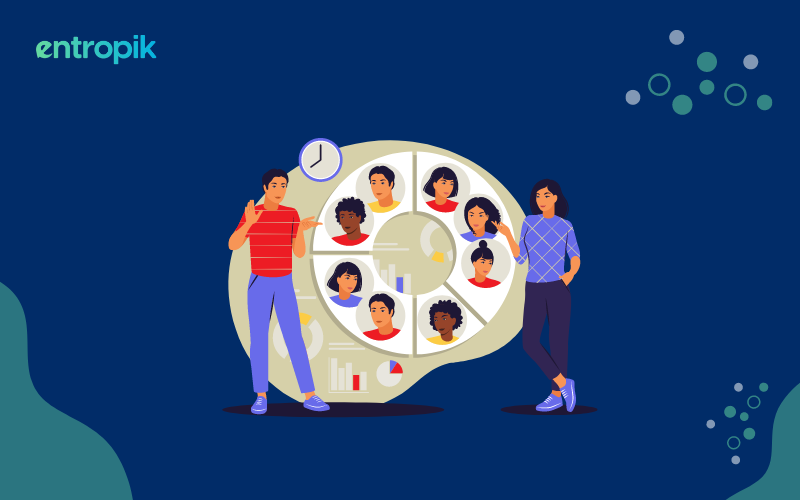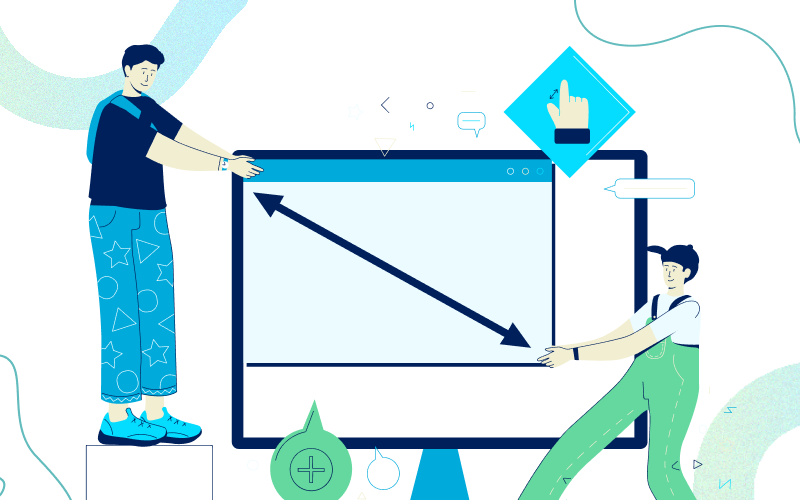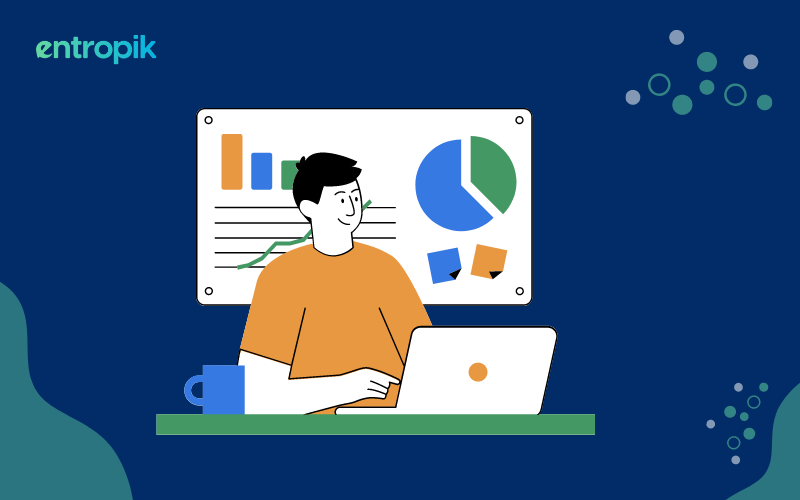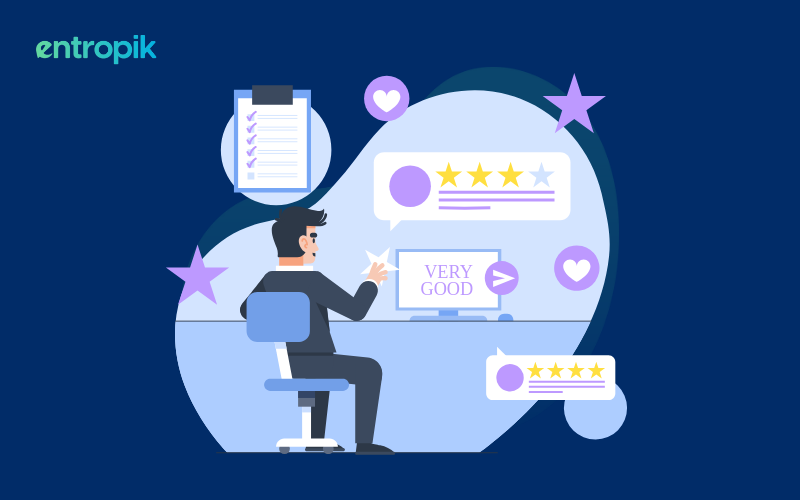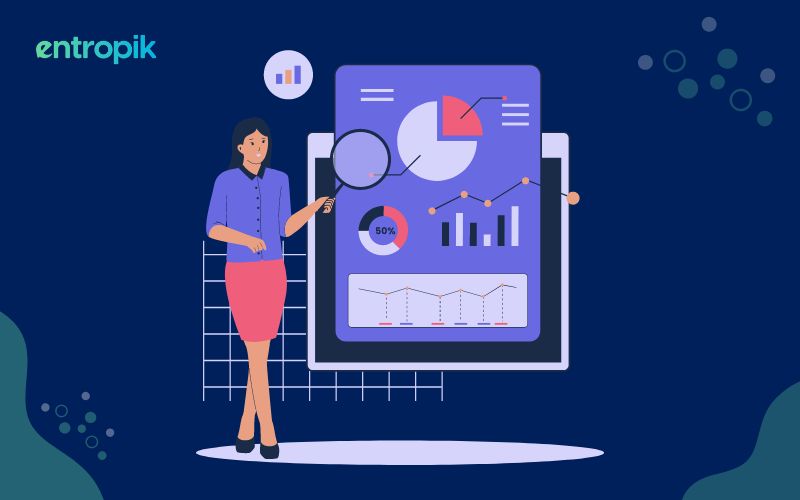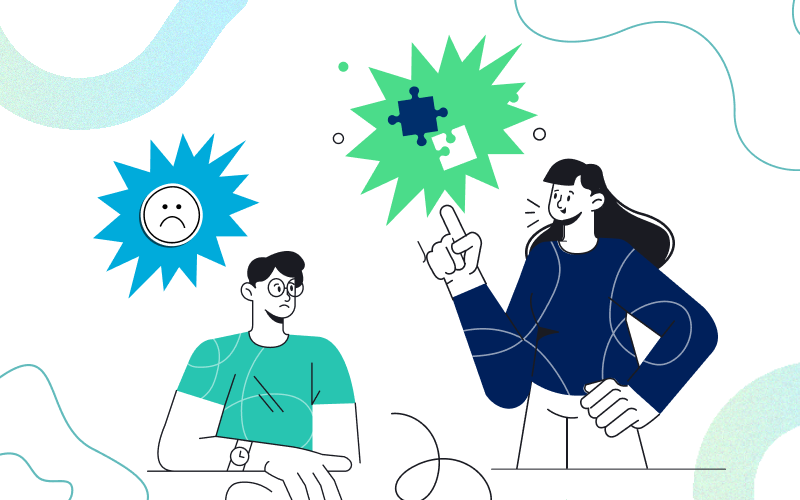Have you ever pondered why you’re drawn to specific brands over others? Or why a particular advertisement lingers in your mind long after you’ve seen it? The answers to these questions lie within the fascinating study of consumer psychology.
Consumer psychology is the study of how our thoughts, feelings, and behaviors influence our purchasing decisions. It's the science that explains why we select one product over another, and how marketers can tap into our minds to create irresistible offers. Understanding consumer psychology is crucial for businesses aiming to build robust brands, develop effective marketing campaigns, and deliver exceptional customer experiences.
This blog will explore how consumer psychology can simplify the understanding of the consumer mind through the right tools and technologies. By combining advanced AI technologies with traditional research methodologies, businesses can gain deeper insights into consumer behavior, preferences, and emotions.
What is Consumer Psychology?
Consumer psychology is the branch of psychology that explores the mental processes involved in selecting, purchasing, using, and disposing of products or services. It delves into the motivations, perceptions, attitudes, and behaviors that drive consumer decisions.
The roots of consumer psychology can be traced back to the early 20th century when psychologists began studying the impact of advertising on consumer behavior. Since then, the field has grown exponentially, incorporating insights from various disciplines such as sociology, anthropology, and economics.
Today, consumer psychology is more relevant than ever. With the increasing complexity of the marketplace and the abundance of choices available to consumers, understanding their minds has become a competitive advantage for businesses.
The Evolution of Consumer Psychology
To truly appreciate the significance of consumer psychology, it's essential to understand its historical progression.
- Early Pioneers: The early 20th century marked the beginning of consumer psychology with pioneers like John B. Watson and Ivan Pavlov exploring the principles of behaviorism and classical conditioning. Their work laid the foundation for understanding how stimuli influence consumer behavior.
- The Rise of Motivation Research: In the mid-20th century, researchers like Ernest Dichter delved deeper into the unconscious motivations driving consumer choices. This approach, known as motivation research, revealed the psychological factors underlying consumer preferences.
- The Cognitive Revolution: The late 20th century witnessed a shift towards cognitive psychology, focusing on mental processes like perception, memory, and decision-making. This perspective emphasized the role of information processing in consumer behavior.
- The Experiential and Emotional Turn: In recent decades, researchers have recognized the importance of emotions and experiences in consumer decision-making. This shift has led to a more holistic understanding of consumer psychology.
This historical overview highlights the continuous evolution of consumer psychology and its adaptation to the changing landscape of consumer behavior.
Key Concepts in Consumer Psychology
To truly grasp consumer psychology, it's essential to understand some fundamental concepts.
- Consumer Behavior: This refers to the actions and decisions consumers make when purchasing and using products or services. Consumer psychology helps us understand the underlying motivations and thought processes behind these behaviors.
- Decision-Making Processes: Consumers go through various stages when making a purchase decision, from problem recognition to post-purchase evaluation. Consumer psychology sheds light on the factors influencing each stage of the process.
- Emotions and Motivations: Emotions play a significant role in consumer decision-making. Fear, desire, happiness, and other emotions can drive purchasing behavior. Understanding consumer motivations helps businesses tailor products and messages accordingly.
- Perceptions and Attitudes: How consumers perceive products and brands influences their attitudes and purchase intentions. Consumer psychology explores the factors shaping these perceptions and attitudes.
- Learning and Memory: Consumers learn about products through various sources, and memory plays a role in retrieving this information. Understanding these processes helps marketers create memorable brand experiences.
- Personality and Lifestyle: Individual differences in personality and lifestyle impact consumer preferences. Consumer psychology helps identify consumer segments based on these characteristics.
- Cultural and Social Influences: Cultural values, social norms, and reference groups shape consumer behavior. Understanding these influences is crucial for developing culturally relevant marketing strategies.
Consumer Psychology in Market Research
Market research is a cornerstone of understanding consumer psychology. By employing various research methods, businesses can gather valuable data to inform product development, marketing strategies, and customer experience initiatives.
Research methods like surveys, focus groups, and interviews provide qualitative and quantitative insights into consumer attitudes and preferences. However, the advent of AI and advanced technologies has revolutionized the field by leveraging the power of AI to analyze vast amounts of data and uncover hidden patterns in consumer behavior. These platforms offer a comprehensive suite of research tools, including:
- Surveys: Gather quantitative data on consumer opinions, attitudes, and preferences.
- Diary Studies: Track consumer behavior over time through regular reports.
- In-Context Testing: Observe consumer interactions with products or services in real-environment settings.
- Live Interviews: Conduct in-depth interviews to explore consumer motivations and experiences.
- Predictive Research: Analyze visual attention and engagement to understand consumer perception with Eye Tracking technology.
- Media Testing: Evaluate the effectiveness of advertising and marketing materials.
- Customer Journey Mapping: Visualize the customer experience to identify touchpoints and areas for improvement.
By combining these methods with AI-powered analytics, businesses can get data-driven insights for improved decision-making.
{{cta-button}}
Applications of Consumer Psychology
The applications of consumer psychology are vast and far-reaching. Here are some key areas where it can make a significant impact:
- Product Development: Understanding consumer needs, preferences, and pain points is crucial for developing successful products. Consumer psychology helps identify market gaps and create innovative solutions that resonate with consumers.
- Branding and Positioning: Consumer psychology helps build strong brands by understanding target audience perceptions and associations. Effective branding involves creating a unique brand identity that resonates with consumers' values and aspirations.
- Pricing and Promotions: Consumer psychology influences how consumers perceive price and respond to promotions. Understanding price sensitivity and the psychology of deals helps optimize pricing strategies.
- Advertising and Marketing Communications: Consumer psychology is essential for creating persuasive advertising messages and marketing campaigns. By understanding consumer motivations and emotions, marketers can develop effective communication strategies.
- Customer Experience: Consumer psychology plays a vital role in enhancing customer satisfaction and loyalty. By designing products and services that align with consumer expectations and preferences, businesses can create positive customer experiences.
- Shopper Experience: The physical environment of a store can influence consumer behavior. Consumer psychology helps optimize store layout, product placement, and atmosphere to create a pleasant shopping experience.
Trends and Future Directions
The field of consumer psychology is constantly evolving. Some of the current trends include:
- The Rise of the Conscious Consumer: Consumers are increasingly concerned about sustainability, ethical practices, and social responsibility. Businesses need to understand these values to connect with conscious consumers.
- The Impact of Technology: Advances in technology, such as artificial intelligence, virtual reality, and augmented reality, are reshaping consumer experiences and behavior.
- The Importance of Personalization: Consumers expect tailored experiences. Businesses that can deliver personalized products, messages, and recommendations will gain a competitive advantage.
- The Growth of Influencer Marketing: Social media influencers have become powerful forces in shaping consumer preferences. Understanding influencer marketing and its impact on consumer behavior is crucial for businesses.
- The Ethical Implications of Consumer Psychology: As consumer psychology becomes more sophisticated, there are growing concerns about its ethical use. Marketers must adhere to ethical guidelines and avoid manipulative practices.
As for the future, we can expect consumer psychology to become even more sophisticated and data-driven. AI and machine learning will play an increasingly important role in understanding consumer behavior and predicting future trends.
Entropik’s Decode platform is at the forefront of this revolution, providing the tools and insights needed to succeed in the ever-evolving consumer landscape.
Conclusion
Consumer psychology is a fascinating field that offers invaluable insights into the human mind. By understanding the factors that influence consumer decisions, businesses can create products, marketing campaigns, and customer experiences that drive growth and loyalty.
Entropik's Decode platform is your partner in unlocking the secrets of consumer psychology. With our advanced AI technologies and comprehensive research capabilities, we help you gain a deeper understanding of your target audience and make data-driven decisions.
Frequently Asked Questions (FAQs)
What is the consumer psychology theory?
Consumer psychology theory examines how thoughts, beliefs, feelings, and perceptions influence how people buy and relate to goods and services. It combines principles from psychology, sociology, anthropology, and economics to understand consumer behaviors and motivations.
What is an example of consumerism psychology?
An example of consumerism psychology is impulse buying. This occurs when consumers make spontaneous purchases based on emotions and feelings at the moment, often triggered by visual cues, marketing tactics, or the immediate appeal of the product.
What is an example of consumer behavior in psychology?
An example of consumer behavior in psychology is brand loyalty. Consumers who are loyal to a brand repeatedly purchase the same product or service over time, driven by positive past experiences, perceived quality, or emotional connection to the brand.
{{cta-button}}















.jpg)



